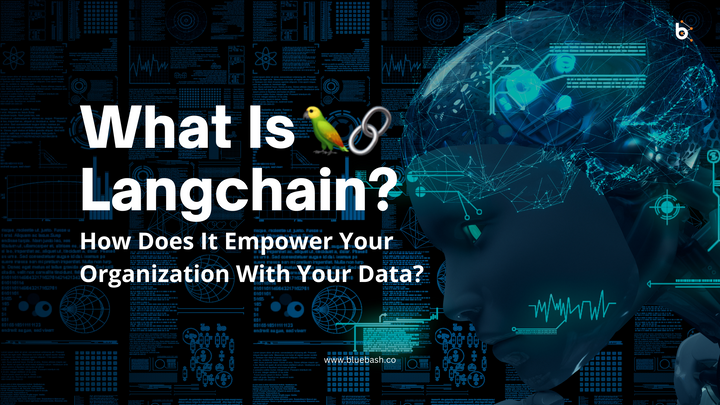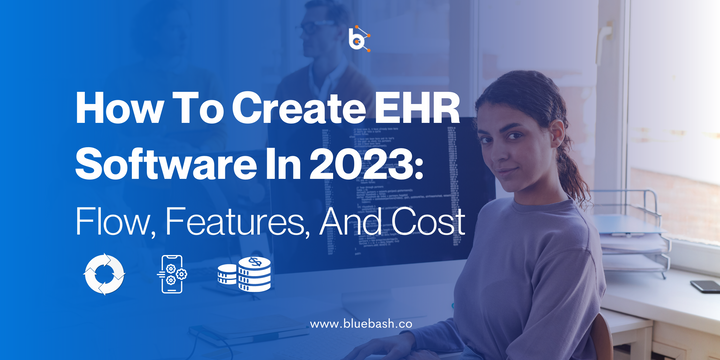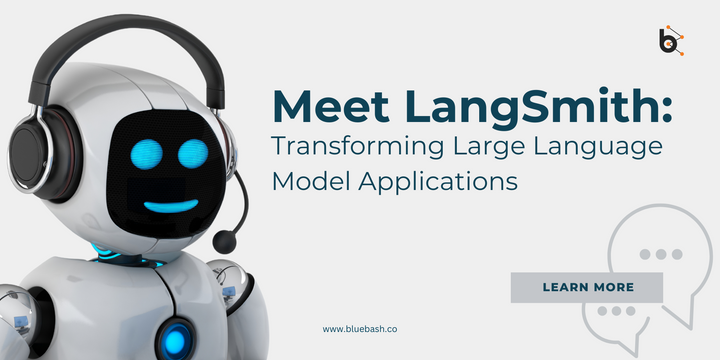How Is Generative AI Transforming The Healthcare Industry?

The healthcare industry is going through big changes, and Artificial Intelligence (AI) is at the forefront of this transformation. Recent events, particularly GTC 2023, have revealed amazing AI progress in Healthcare. In this blog, we'll delve into various aspects of this AI revolution, including AI in healthcare.
The rapid advancements in AI technology, and substantial language models (LLMs), have opened up new possibilities for transforming healthcare and biotechnology
How Is GAI (Generative AI) Being Used In Healthcare?
Improved medical imaging: Generative AI models can create synthetic images that are close to real images. Techniques used are GANs (Generative Adversarial Networks) and VAEs (Variational Autoencoders). Generative AI is trained on large datasets with multiple disease types, which allows it to synthesize models in any of these disease types.
AI Assistant: This idea envisions AI-driven systems that serve as clinical support tools, potentially even AI doctors. The primary goal is to enhance the productivity of medical professionals and improve patient care. Specialist AI has the potential to scale the capabilities of healthcare providers significantly.
Predictive Analytics: AI can be used to predict patient outcomes based on their medical history, genetic information, and other data. This can help doctors identify patients who are at risk of developing certain conditions and take preventive measures.
Chatbots: Chatbots powered by AI can help patients schedule appointments, answer questions about their condition, and provide basic medical advice.
Clinical decision support: AI-powered clinical decision support systems can help doctors make more informed decisions by providing real-time recommendations based on patient data
The Power of Generative AI
Generative AI tools possess the capabilities necessary to tackle healthcare challenges effectively:
Data Mining: Generative AI can sift through vast quantities of healthcare data, extracting valuable insights that may not be immediately apparent to human analysts. This data-driven approach can inform decision-making, treatment plans, and resource allocation.
Insight Derivation: By processing historical data and patient records, Generative AI algorithms can derive valuable insights about disease patterns, treatment responses, and potential innovations in healthcare delivery.
Personalization: One of the most exciting aspects of Generative AI is its capacity for personalization. It can tailor content, treatment plans, and interventions to the specific needs and preferences of individual patients and healthcare providers.
Applications in Drug Discovery
One important use of Generative AI algorithms is in finding new medicines.
Generative AI can analyze vast amounts of data from clinical trials and scientific literature to identify new drug targets and potential treatments and by creating new chemical structures. This could result in quicker development of essential medicines.
Personalized treatment plans: Generative AI can analyze a patient’s medical history, genetic information, and other data to develop customised treatment plans that are tailored to their unique needs.
Clinical Trials Enhancement: By analyzing and synthesizing historical records from thousands of previous studies, it can assist in designing more efficient and effective trials. This not only speeds up the research process but also helps identify the most promising avenues for further investigation.
One standout example is AlphaFold, which leverages Generative AI to predict 3D structures of proteins—a breakthrough with profound implications for biology and computational chemistry. It serves as a testament to AI's ability to accelerate scientific discovery.
Automated form-filling tasks: Generative AI can help doctors create copies of patient data and automate form-filling tasks. It can also be integrated with EHR for documentation work
Nvidia Clara: A A Game-Changing Collection
Nvidia Clara, inspired by these advancements, represents a suite of computing platforms, software, and services aimed at revolutionizing healthcare. This suite spans various healthcare applications, from medical imaging and instruments to genomics and drug discovery. The goal is clear: bring the most advanced computing approaches to the healthcare industry.

GAI’s Benefits In Healthcare
Improved accuracy of diagnosis
Generative AI can analyze large volumes of medical data and identify patterns that may not be visible to human clinicians. This can lead to more accurate diagnoses and better patient outcomes
- Faster diagnosis
Generative AI can process medical data much faster than humans, leading to quicker diagnoses and treatment plans. - Accelerated drug discovery
Generative AI can analyze vast amounts of data from clinical trials and scientific literature to identify new drug targets and potential treatments. - Personalized treatment plans
Generative AI can analyze a patient’s medical history, genetic information, and other data to develop customized treatment plans that are tailored to their unique needs. - Improved patient outcomes
By improving the accuracy of diagnosis and accelerating drug discovery, generative AI has the potential to improve patient outcomes and reduce mortality rates. - Reduced healthcare costs
Generative AI can help reduce healthcare costs by making diagnoses faster and more accurate, reducing the need for expensive tests and procedures. - Increased accessibility
Generative AI can analyze large volumes of medical data and create entirely new content, making it more accessible and affordable for patients who may not have access to traditional healthcare services. - Reduced inequities in research
Generative AI can help reduce inequities in research by analyzing large volumes of data from diverse populations, leading to more representative results. - Improved efficiency
Generative AI requires less data than traditional machine learning algorithms, making it more efficient and adaptable to unfamiliar situations. - Better collaboration between clinicians
Generative AI can interface better with clinical staff, leading to better collaboration between clinicians and improved patient outcomes.

Challenges And Security Issues
Responsible Implementation
Generative AI in healthcare holds immense potential, but its responsible use is paramount. Human oversight at every stage ensures patient safety and enhances the synergy between AI and human expertise. In addressing healthcare's trifold challenges of improved outcomes, added value, and personalized care, Generative AI emerges as a pivotal game-changer.
Monetization and Regulatory Considerations
Monetizing healthcare AI can be challenging due to regulatory requirements and the need for approvals. The existing regulatory infrastructure in healthcare is robust, and regulators are open to exploring ways to integrate AI effectively. This suggests that, with the right approach, AI can be integrated into the healthcare system in a way that benefits both patients and stakeholders.
Sampling Speed
Due to their sheer scale, generative models can experience latency when generating instances. This latency can be a hindrance in interactive scenarios like chatbots, AI voice assistants, or customer service applications where real-time responses are crucial.
Data Quality
Generative AI models often generate synthetic data for various applications. However, not all data is suitable for training these models. Generative models thrive on high-quality, unbiased data, and some domains lack sufficient data altogether. For example, creating 3D assets is costly and data-scarce, requiring significant resources for development and maturity.
Data Licensing
Obtaining commercial licenses for existing datasets or building custom datasets for training generative models can be challenging for many organizations. Navigating this process is crucial to avoid intellectual property infringement issues.
Conclusion:
In today's ever-evolving healthcare landscape, we face a multitude of challenges. To deal with these issues in healthcare, It's important to be exact, trustworthy and efficient. If you're struggling with healthcare challenges and need a smart solution, Bluebash is here to help. We're experts at finding ways to make healthcare better and easier for you, as we are considered the best AI software development company.
Generative AI is poised to revolutionize healthcare, offering improvements in data analysis, personalized treatments, drug discovery, and clinical trials. Collaboration between AI and healthcare professionals has the potential to enhance patient care and drive innovation. However, the ethical and responsible use of AI is crucial for its full potential in healthcare.
The intersection of healthcare, biotechnology, and AI is where the future lies, requiring collaboration, regulatory adaptation, and investment. This combination promises to improve human health and well-being.



